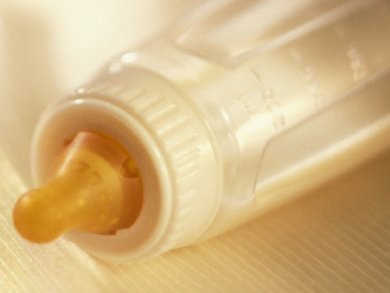Milk products and pet food in the past have been illegally adulterated with the toxic, but nitrogen-rich, compound melamine. This gives falsely high protein levels in the foodstuffs by fooling the simple protein analysis used in regulatory testing. Melamine is toxic and the use of this unscrupulous tactic led to the hospitalization of thousands of infants in China in 2008. Prior to that, pet food was also adulterated with melamine. It remains an ongoing problem.
However, a novel biosensor approach to testing milk samples quickly could prevent adulterated products reaching consumers, according to developers at Queen’s University Belfast, Northern Ireland. The first of its kind biosensor incorporates a polyclonal antibody to melamine into a surface plasmon resonance optical biosensor immunoassay.
- Development of an Optical Biosensor Based Immunoassay to Screen Infant Formula Milk Samples for Adulteration with Melamine
T. L. Fodey, C. S. Thompson, I. M. Traynor, S. A. Haughey, D. G. Kennedy, S. R. H. Crooks,
Anal. Chem. 2011.
DOI: 10.1021/ac200926e


